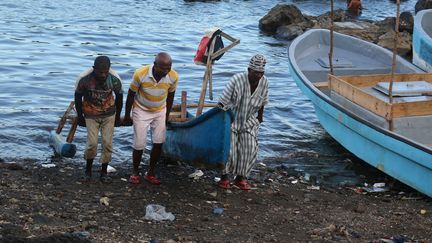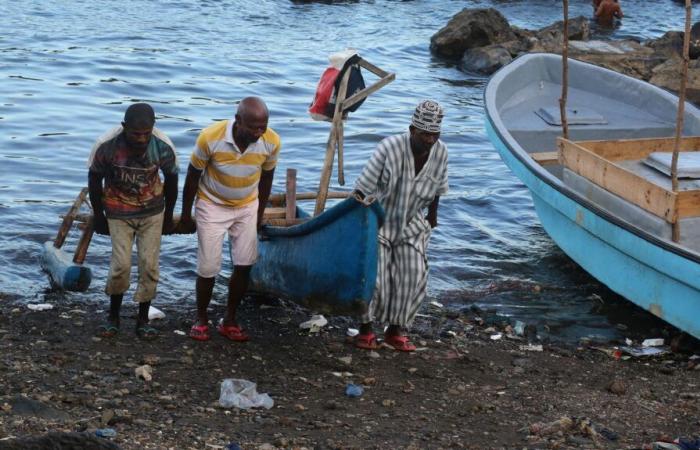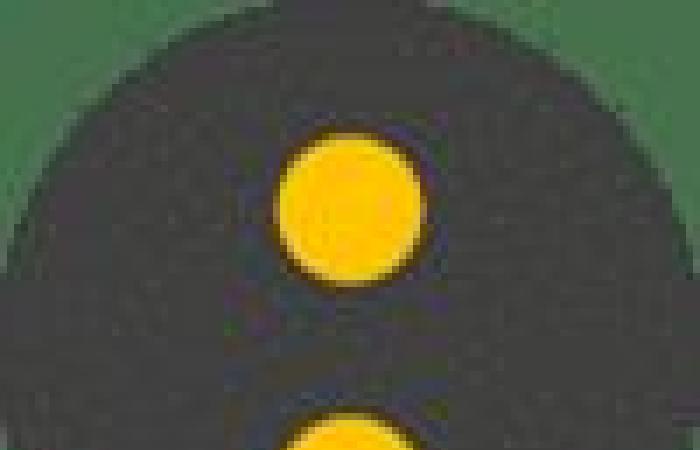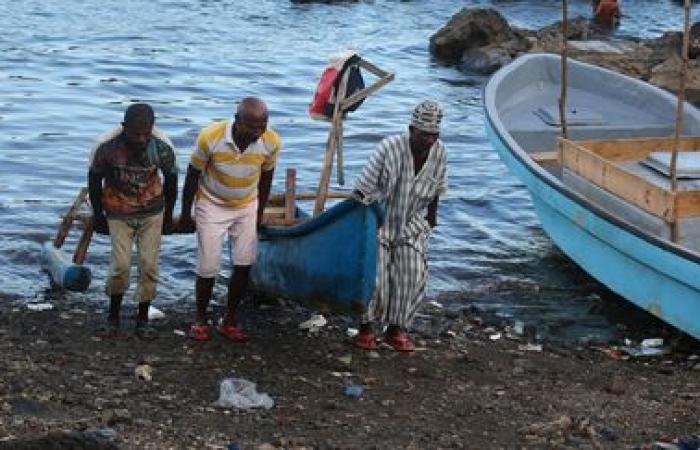Cyclone Chido which hit Mayotte on December 14 also highlights the problem of illegal immigration. The illegal migrants who arrive in the French department mainly come from the Comoros where the authorities try to dissuade departures.
Published on 05/01/2025 09:30
Reading time: 2min

Illegal immigration to Mayotte is overwhelmingly from the Comoros. It is estimated that 123,000 foreigners are currently living in the French department despite the efforts of Comorian officials based on the island of Anjouan.
This is particularly the case of Aoussidine Bouchrane, a former smuggler who is doing his best today to limit departures towards Mayotte. Now president of the Anjouan fishermen's union, Aoussidine has, in the past, been a smuggler of illegal migrants to Mayotte. “As soon as I left school, when I started fishing, fishing was not doing well, so most of the time we had to send people to Mayotte. The majority of friends I had were smugglers.”
It was over 15 years ago. At the time he earned the equivalent of a civil servant's salary for one trip. Today, Aoussidine thinks that there are even more departures with the passage of Cyclone Chido.
“I would even say that there are people who took advantage of the cyclone because the patrols in Mayotte had stopped. There are quite a few people who left Anjouan for Mayotte.”
Aoussidine Bouchraneat franceinfo
Aoussidine Bouchrane is now a local actor with several institutional roles. In particular, he set up a registration system which makes it possible to differentiate fishing boats from smugglers' boats. “Sometimes there are conflicts with smugglers. I am there to raise awareness among fishermen and try to put in place systems to identify who is a fisherman and who is a smuggler.”
The Comorian is also involved in training and business creation for young people. This, he says, is one of the keys to trying to prevent departures. “Every year we have thousands of young people who leave university and don't know what to do. The government cannot bring them all into public administration, so creating jobs is one of the ways.” In the Comoros, almost half of the inhabitants live below the poverty line, with difficulties in particular with healthcare and education.








